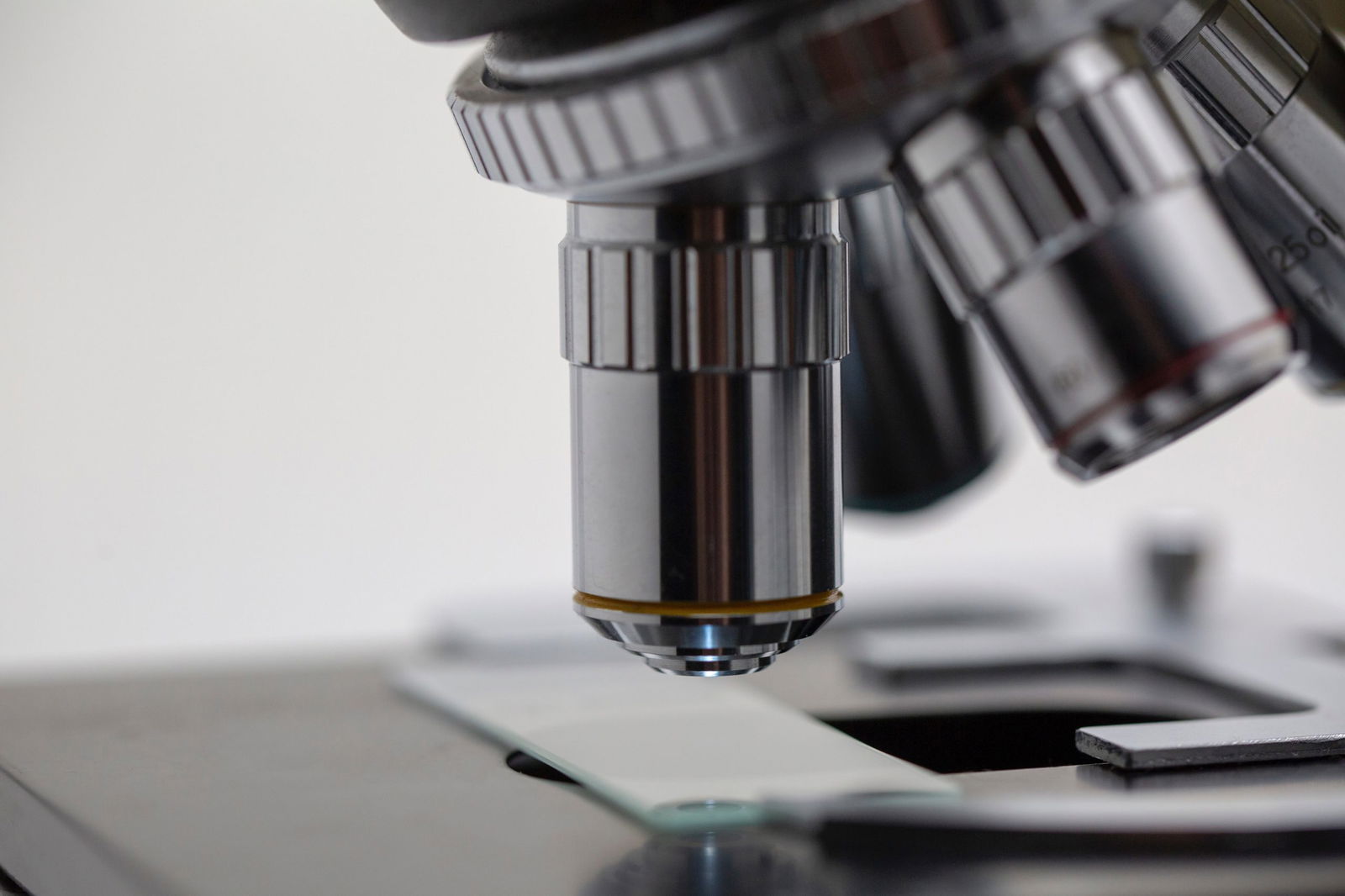AI Discovers New Potentially Powerful Antibiotic

We reported last week that Auris Health is using robotics to improve endoscopy. Apparently, that's only one of several news stories lately about how technology is improving health care.
Here's another big one: AI has helped scientists in the US to discover a powerful new antibiotic.
An algorithm developed with machine learning analyzed more than a million different chemical compounds. The antibiotic is able to kill up to 35 different kinds of bacteria that can be harmful to humans. What is especially promising is that it also seemed to kill strains of bacteria that have become resistant to more common forms of antibiotics.
The new antibiotic has been named “Halicin” after Hal 9000, the AI system in 2001: A Space Odyssey that goes rogue and becomes the film's main antagonist. Let's hope that's not foreshadowing.
Why Is This a Big Deal?
The discovery is a big one. Antibiotics are regarded as one of the wonders of modern medicine. They have been revolutionary. With their discovery, suddenly many common — and brutal — diseases were essentially cured. Things like pneumonia, diarrhea, and syphilis, not to mention your average infection, were suddenly easy to treat.
Penicillin, one of the first commercial antibiotics, was at one point nicknamed the “wonder drug” because of the number of lives it saved.
But then the bacteria began to become resistant to antibiotics. They started to evolve and develop immunity. Now there are a number of bacteria that are resistant to the most common antibiotics. The problem is that diseases that used to be relatively easy to treat are now becoming harder and harder to treat.
In England, there were about 61,000 infections from antibiotic-resistant bacteria in 2018 — up about 9% from the year before. In the US, there are about 2.8 million such infections each year, and these caused about 35,000 deaths in 2019. This is about double the number of deaths from 2013.
Some have warned that we're getting to a place where it may be a lot like the pre-antibiotic era where there is little we can do for even common, previously treatable conditions.
James Collins, a professor of medical engineering at MIT, has said, “We’re facing a growing crisis around antibiotic resistance.” He attributes the issue to both, “an increasing number of pathogens becoming resistant to existing antibiotics, and an anemic pipeline in the biotech and pharmaceutical industries for new antibiotics.”
Halicin to the Rescue
So that brings us to why this discovery is so important. It is clearly the case that the addition of new antibiotics is useful, especially those that are effective against those bacteria that have developed resistance. Since there have been relatively few new antibiotics developed, and since it has the potential to be effective against such a broad range of bacteria, the discovery of Halicin is exciting.
But more generally, this is the first time machine learning algorithms have made a discovery like this. The hope is that artificial intelligence could help find more substances like this in the future so that we continue to be able to treat conditions caused by bacteria and fungi. AI algorithms are increasingly demonstrating that they are potentially powerful tools for improving our health.
